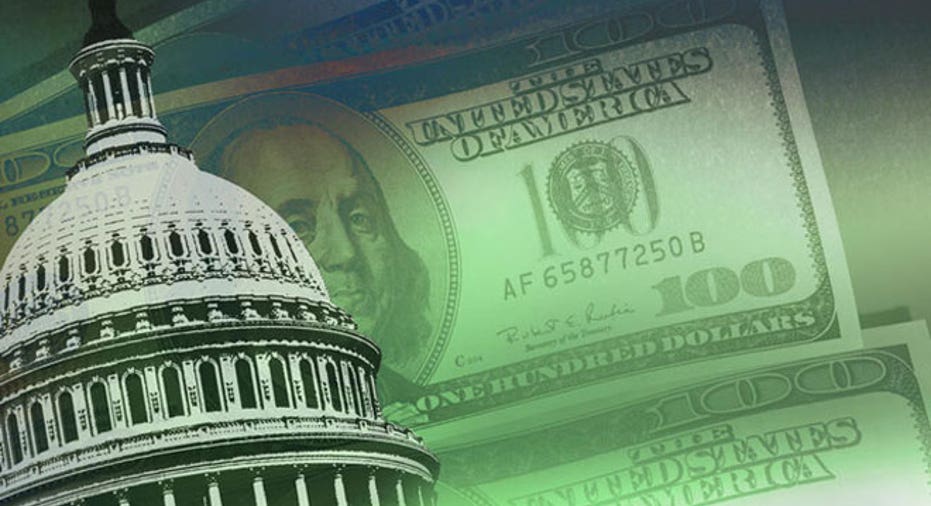D.C. Businesses See Pain in a Government Shutdown

As the government hot-potato budget battle continues full-speed ahead toward the midnight deadline, small businesses in the greater Washington, D.C. area are growing concerned about what a potential shutdown would mean for their bottom lines.
“In the Washington area, the loss of federal payroll and contractor payroll, and the spending that’s supported by those payrolls, add up to $220 million a day,” says Dr. Stephen Fuller, the director of the Center for Regional Analysis at George Mason University.
Dr. Fuller says the cutbacks would have an outsized effect on the local economy, compounding the city’s job losses felt in August. He predicts that restaurants and retail stores would be the first to feel the burn in the D.C. metro area.
“The immediate impact on businesses generally will be the absence of spending from federal workers not coming to work, especially for restaurants, coffee shops – the businesses that wrap around government centers,” says Dr. Fuller.
In that vein, Mary Pereira, the general manager of Irish pub Murphy’s, which has locations in both Washington, D.C. and nearby suburb Alexandria, says she’s been following the shutdown drama very closely.
“We do a lot of conference business, as people come into town to meet with a lot of the people who are in town already,” says Pereira, who worries that revenue stream would dry up during a shutdown.
“For a couple of years now, it’s been difficult to run a business under these circumstances … there’s a lot of uncertainty,” says Pereira.
Women’s clothing store owner Julie Agermayer is also concerned about discretionary spending drying up under a shutdown.
“I am concerned, because there’s going to be so many people impacted by the shutdown. At least for me, my target demographic for the store are young professionals, and many of my best customers work in the federal and city government,” says Agermayer, who owns Violet Boutique, located in northwest D.C.
While her boutique’s focus is on offering affordable items – which could cushion the blow slightly, as shoppers become more budget-conscious -- Agermayer says a shutdown would cause her to readjust her expectations for the remainder of fall, as well as for the holiday season.
Impact Across All Sectors
While Dr. Fuller says dining and retail will be the first to get hit by a shutdown, he says the likely stock market tumble as a result of the shutdown would hurt small businesses in every sector.
“The whole economy becomes affected because of the uncertainty,” he explains. “Builders will feel this, as people won’t be buying houses, and people won’t live life as usual, if this continues for several weeks.”
Harry Braswell, who has been running Harry Braswell General Contracting in the metro D.C. area for the past 30 years, believes a lengthy government shutdown would have a serious impact on his residential business.
“We don’t do a lot of government contracting, so I don’t know if it would affect our business immediately – it depends on how long it goes,” says Braswell. “It just sets a tone so that people are more cautious with their choices, even if they don’t get a government paycheck.”
Braswell says many businesses in the area are just beginning to recover from the recession, so a government shutdown would be an added stress to their systems.
“I don’t know too many people who weren’t on the border of shutting down business because of the downturn … Everyone still has attitudes about not spending too much,” he says.



















